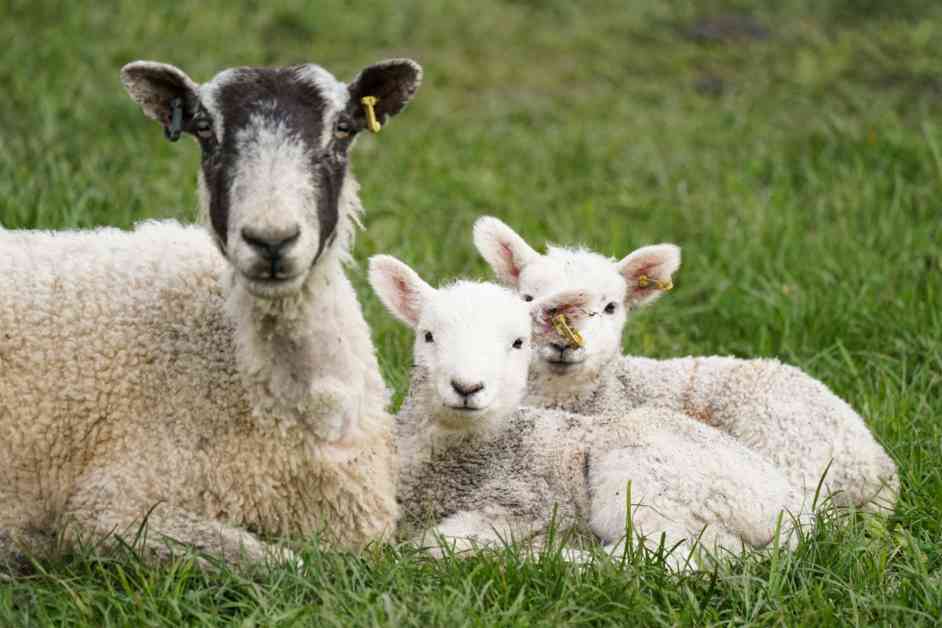London Designated Control Zone for Potentially Fatal Livestock Virus
London has recently been placed under a control zone due to the presence of a potentially fatal livestock virus known as Bluetongue Virus. The zone was implemented on September 21, 2024, covering the entire city in an effort to prevent the spread of the disease. The UK Chief Veterinary Officer has taken this proactive measure to mitigate the risk of further cases occurring.
Bluetongue Virus is primarily transmitted through midge bites and affects a variety of animals including cattle, goats, sheep, deer, and camelids such as llamas and alpacas. The severity of the virus’s impact on animals can vary greatly, with some showing no clinical signs at all while others may experience reduced productivity such as decreased milk yield. In the most severe cases, the virus can be fatal for infected animals.
It is important to note that Bluetongue Virus does not pose a threat to humans, and the meat and milk from infected animals remain safe for consumption. However, strict restrictions have been put in place for keepers of cattle, sheep, ruminants, and camelids in the disease hotspots to limit the movement of animals and germinal products. These restrictions can be found on the government website for guidance.
All infected premises are now under strict restrictions, and susceptible animals can only be moved with a license from these premises. Surveillance efforts are currently underway to determine the extent of the virus’s circulation in the UK and to identify any undisclosed cases. The rising number of cases across Europe has prompted the Chief Veterinary Officer to call for increased vigilance and responsible sourcing of livestock.
Impact on Livestock and Agriculture
The presence of the Bluetongue Virus in London has significant implications for the livestock industry and agriculture sector. Infected animals may experience a range of symptoms, including fever, swelling of the face and tongue, and lameness. These symptoms can lead to reduced productivity, affecting not only the animals themselves but also the livelihoods of farmers and producers.
In addition to the immediate impacts on individual animals, the virus can also have broader economic consequences. Restrictions on the movement of livestock and germinal products can disrupt supply chains and trade, leading to financial losses for businesses in the affected areas. The need for increased surveillance and biosecurity measures can also place a strain on resources and manpower within the agricultural sector.
Preventative Measures and Biosecurity Protocols
To combat the spread of the Bluetongue Virus, it is essential for livestock keepers and farmers to implement strict biosecurity protocols. This includes measures such as controlling insect populations, monitoring animals for signs of infection, and limiting contact between susceptible and infected animals. Vaccination programs may also be recommended to protect livestock from the virus and reduce the risk of transmission.
In addition to on-farm biosecurity measures, government agencies and veterinary authorities play a crucial role in surveillance and monitoring efforts. By tracking the movement of animals and identifying potential hotspots for the virus, authorities can take proactive steps to contain the spread and prevent further outbreaks. Collaboration between industry stakeholders, government agencies, and research institutions is essential for effective disease management and control.
As the situation continues to evolve, it is important for livestock keepers and farmers in the affected areas to stay informed and follow guidance from veterinary authorities. By working together to implement preventative measures and biosecurity protocols, we can mitigate the risk of further cases and protect the health and well-being of our animals.





















